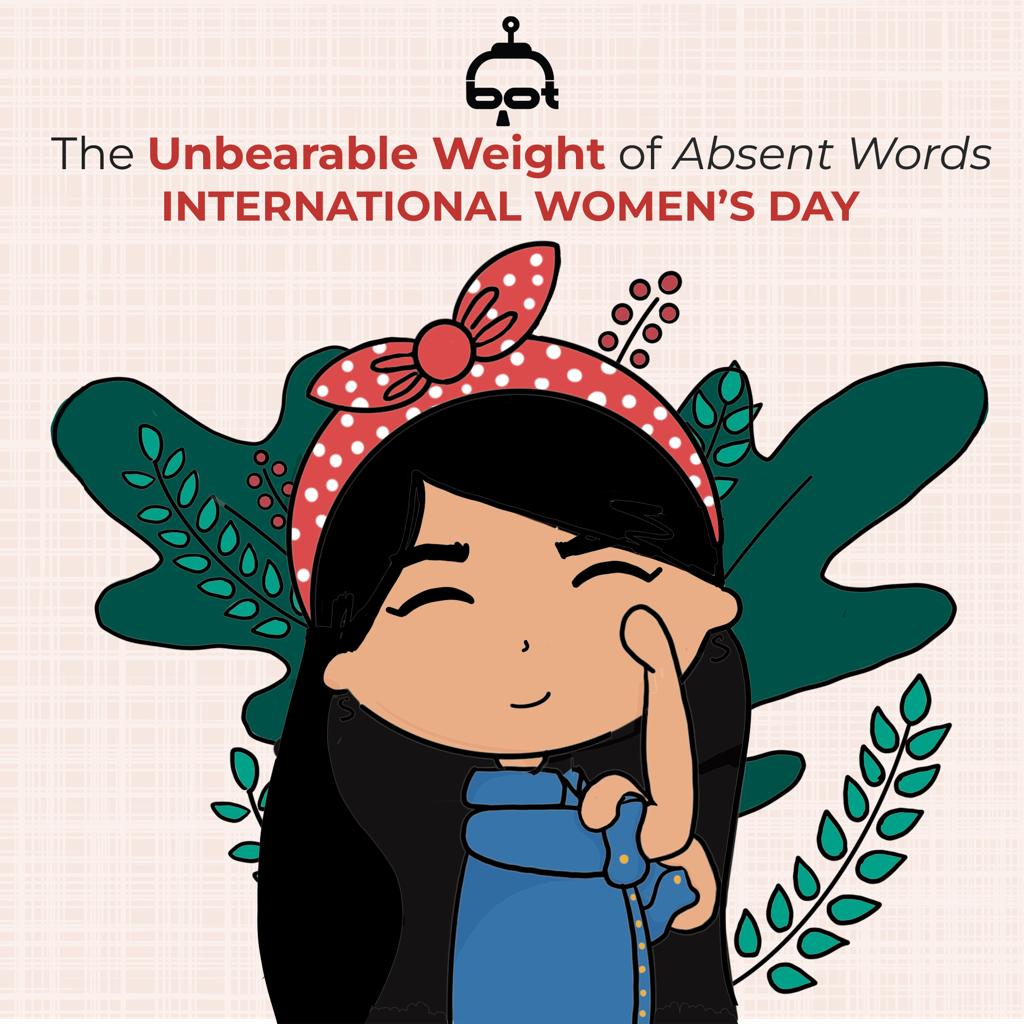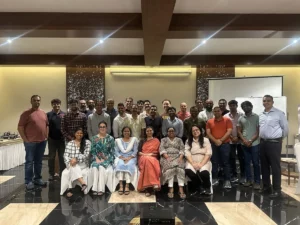It’s International Women’s day on March 8th, and most of us will pay homage to or profess our solidarity with the gender too often under-appreciated and under-valued. We will speak of our desire to achieve equality for women in all forms, from the opportunities they are afforded, to the pay they earn, to the respect they receive from men, organizations, and society as a whole. Most of us will do this with unquestionably sincere intent.
Then, as we have done before, unwittingly, we will continue with a common practice that undermines those gender equality intentions. Our day-to-day language will be littered with presumptions encased in a few small words: he and him. “If a lead has performed well, he should be …”. “An artist should always strive to build his …”. Now it’s not so much the presence of these words but the absence of alternatives where our great gender bias lies. Conversational language, or even deliberate written language, can reveal to us our own ingrained biases, even if such biases are inconsistent with our conscious values.
Failure to acknowledge the possibility of women in a role seems like a very small social infraction. And indeed it is small. It is small in its single form, but unbearably heavy when repeated by many over hundreds and thousands of times in the course of a day, week, month, and year. A drop of water cannot reshape a rock, but a waterfall over time can. By being less mindful in our communication, we unconsciously reinforce through repetition the very notion we may consciously find unacceptable. We begin to subtly reinforce that only men can be VFX artists, however preposterous that may sound when we say it out loud.
Mindfulness, not Forced Remediation
We may not mean to, but many of us violate gender inclusiveness in our language. Most startlingly, some of these infractions are by women themselves. When referring to artists or managers generically, some women will themselves use he. So is this a social ill we have to remediate through a mass re-education campaign? Do we stare down violators and call in the cancel culture police? No. Our own desire to be better at this is far more powerful than waging a guilt war. Since most of us already have the conscious intent to be more equitable, we’re better off with our own individual efforts to be more mindful in our communications. We can seek each other's help in catching ourselves when our language falls out of line with our values. We can catch ourselves when we are adding undue weight through absent words.
-Hitesh Shah




